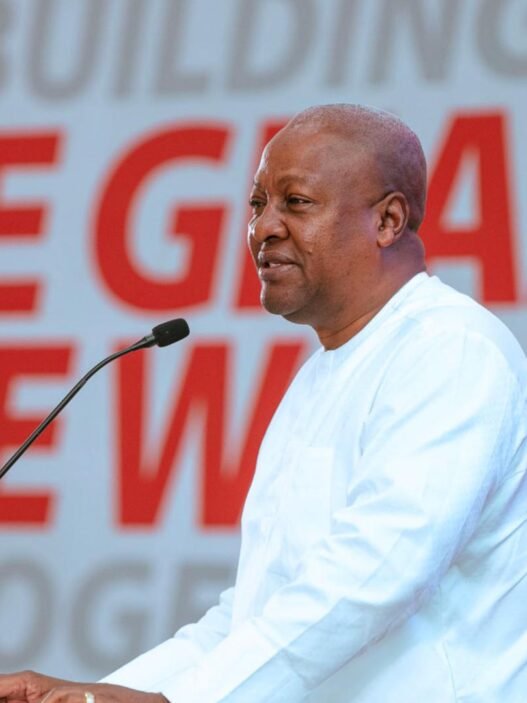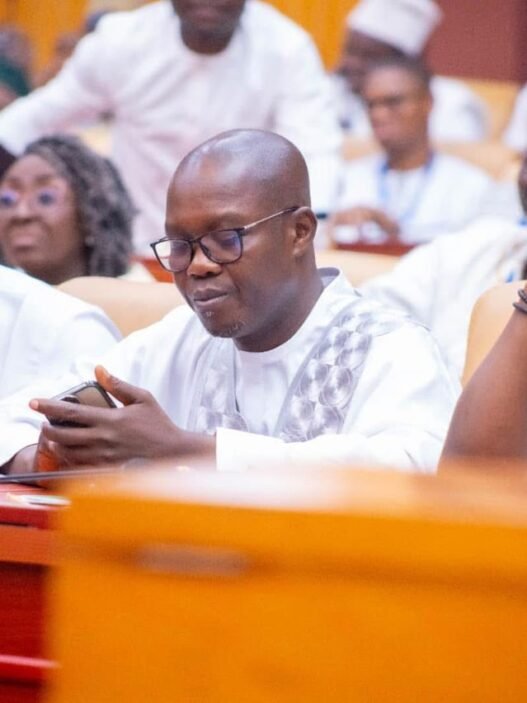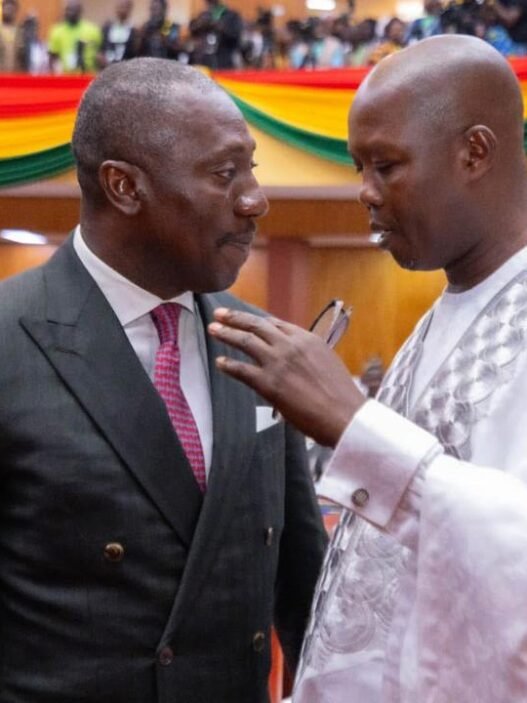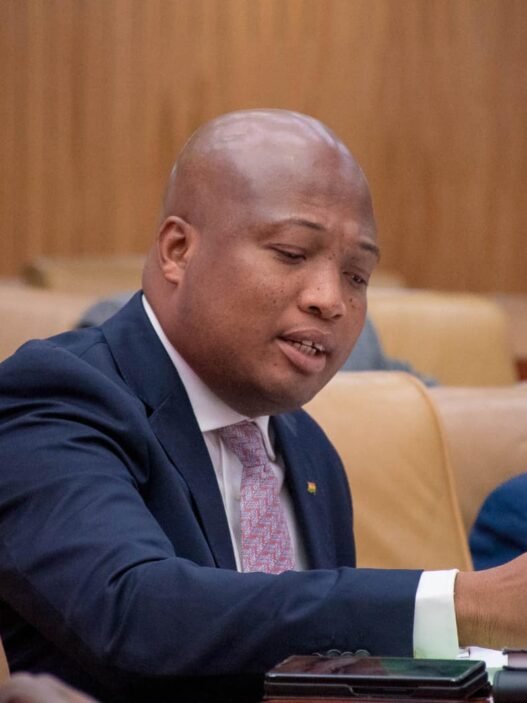Bright Simons, Vice President of IMANI Africa, has raised concerns about President John Dramani Mahama’s decision to reduce the number of ministries from 30 to 23. Simons argues that this move is driven more by public sentiment than by a genuine push for government efficiency.
Public Sentiment vs. Government Reform
In his article titled “The Stressful Difference Between Cutting Ministries & Cutting Costs in Ghana,” Simons explains that the clustering of subsectors into ministries is often subject to varying opinions. Historically, different administrations have taken different approaches. For example, during the Kufuor administration in the 2000s, “youth and sports” were combined with “education,” while the Mills administration took a different stance by pairing “works and housing” with “water resources.”
Simons suggests that the current reduction in the number of ministries is more about responding to public dissatisfaction with the number of ministers. The public perception that a large cabinet is “obscene” seems to have prompted Mahama’s decision. However, Simons questions whether this cut truly results in a more efficient government, or if it is merely a political move to appease public concerns.
The Real Issue: Public Sector Workforce
Simons argues that the real challenge lies not in the number of ministries but in the thousands of workers employed by ministries, many of which have collapsed or been merged. These workers, instead of being removed from the government payroll, will likely be redistributed to other departments, thus doing little to reduce overall government spending.
Beyond Ministries: Other Key Public Entities
Simons emphasizes that ministries represent only the tip of the iceberg. He points to other critical government agencies, such as the Police, Ghana Education Service (GES), and Ghana Revenue Authority (GRA), which employ far more public workers and contribute significantly to the functioning of the government. Additionally, state-owned enterprises (SOEs) like the Ghana National Petroleum Corporation (GNPC) and Electricity Company of Ghana (ECG) play an even larger role in spending efficiency.
A Listening Government, But at What Cost?
While Simons acknowledges the benefit of a government that listens to the people, he cautions against equating responsiveness with real efficiency gains. The reduction of ministries may provide a temporary solution to public outcry, but it does little to address the deeper issues of government spending and public sector management.
Conclusion
Bright Simons’ analysis of President Mahama’s ministry cuts highlights the gap between political gestures aimed at public approval and the long-term need for genuine efficiency reforms. While reducing the number of ministries may satisfy public sentiment, the real task is tackling inefficiencies within the wider public sector and state-owned enterprises that have a far greater impact on the nation’s economy.





















